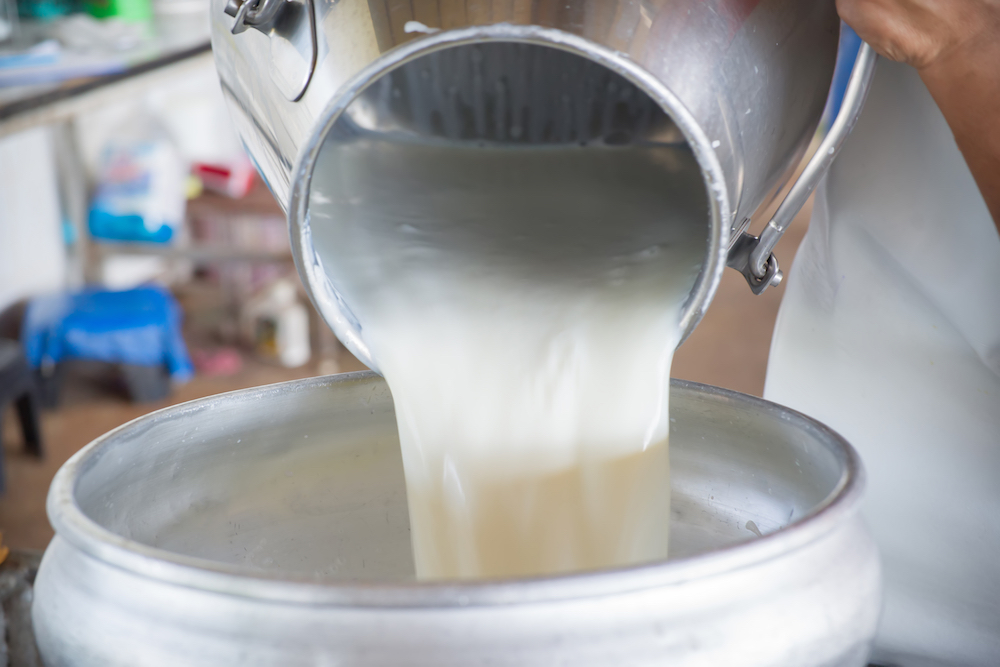Raw Milk Contaminated with Bacteria in Up To 4 States, CDC Warns

If you consumed raw milk in the past six months, you may need antibiotics: "People who bought and drank raw milk from a company called Udder Milk may have been infected with a rare but potentially serious germ called Brucella abortus RB51" and should seek medical care, the Centers for Disease Control and Prevention (CDC) said today (Nov. 21) in a statement.
The warning applies to people in Connecticut, New Jersey, New York and Rhode Island, who may have consumed the raw milk in the past six months.
The CDC first learned of the contaminated milk in September, when a woman in New Jersey became ill after drinking milk from the Udder Milk company, according to the statement. In late October, officials confirmed that her illness was caused by the Brucella bacteria. [Top 7 Germs in Food That Make You Sick]
However, the milk company has not told the CDC which farms provide its milk, making it difficult to pinpoint the source of the contamination. The locations of the farms that provide milk to Udder Milk are not known, and online information about the milk company points people to members-only websites, the statement said. The lack of transparency about its farms is a way to avoid detection from health officials — it's illegal to sell and distribute raw milk and raw dairy products in New Jersey, the CDC says.
But this leaves health officials in a bit of a bind.
"Because health officials have no direct way to let people know they may have drunk contaminated milk, everyone who consumed milk from Udder Milk in the past 6 months should receive antibiotics now to avoid having long-term health effects from the bacteria," Dr. William Bower, the leader of the CDC division that investigates brucellosis, the illness caused by the bacteria, said in the statement.
Brucellosis
Brucella abortus RB51, or RB51, is a weakened strain of the Brucella bacteria that is used to vaccinate young female cattle against B. abortus, according to the CDC. Vaccinating the cows also protects people, as they are less likely to catch the bacteria from an infected cow. But in rare cases, a cow's milk can contain traces of the vaccine. The only way to avoid this risk is by pasteurizing the milk, the CDC says. (In addition to killing RB51, pasteurization kills many other disease-causing bacteria as well.)
Sign up for the Live Science daily newsletter now
Get the world’s most fascinating discoveries delivered straight to your inbox.
Brucellosis symptoms in humans include fever, muscle pain, lasting fatigue, joint pain and swelling of the testicles. If the disease is not treated, it can lead to long-term problems, including arthritis, heart problems, enlargement of the liver or spleen, and in rare cases, nervous system problems such as meningitis, according to the CDC. The bacteria can cause severe illness in people with weakened immune systems; It can also lead to miscarriages in pregnant women, the CDC says.
The CDC is urging people who may have drunk the contaminated raw milk in the past six months to start antibiotics. In addition, people should check themselves daily for fever for one month after drinking the contaminated milk, and to keep an eye out for other symptoms for six months.
Originally published on Live Science.












